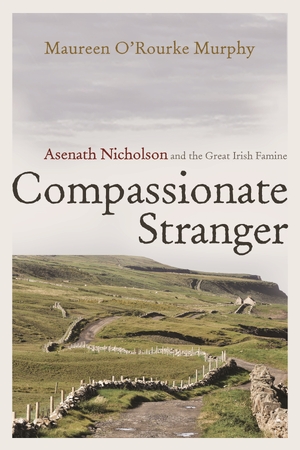"Steele's book deftly synthesizes literature, culture, history, and politics prior to Irish independence in her analys is of the advanced nationalist press. She simultaneously places women's contributions firmly at the center of the advanced Irish nationalist enterprise and makes a persuasive case for the important influence of that enterprise on Irish nationalism and Irish culture more generally. . . . Steele's scholarship and research are rigorous, original, and persuasive, and her writing is authoritative, clear, and a pleasure to read. . . . This book illuminates the work that has been done on Irish nationalism, literature, the press, and women's contributions to the public sphere and brings fresh, important insights to all of these fields. . . . Essential reading for scholars of Irish history, literature, culture, and politics."—Kathryn Conrad, University of Kansas
"A significant contribution. . . . Offers the first detailed treatment of the numerous contributions made by women writers to nationalist, feminist and labor newspapers during the crucial period before the twenty-six counties achieved political independence . . . . Steele is especially skillful at analyzing the complicated intersections between nation, gender, and class, and the ideological differences that result."—Frank Biletz, Loyola University Chicago
Description
This work studies women’s writings in the Irish national tradition, focusing in particular on leading feminine voices in the cultural and political movements that helped launch the Easter Rising of 1916: Augusta Gregory, Alice Milligan, Maud Gonne, Constance Markievicz, Delia Larkin, Hanna Sheehy Skeffington, and Louie Bennett.
Karen Steele argues that by examining the innovative work of these writers from the perspective of women’s artistry and women’s political investments, we can best appreciate the expansive range of their cultural productions and the influence these had on other nationalists, who went on to shape Irish politics and culture in the decades to come.
About the Author
Karen Steele is associate professor of English and director of women's studies at Texas Christian University, Fort Worth, Texas. She is th e editor of Maud Gonne's Irish Nationalist Writings.
April 2007




